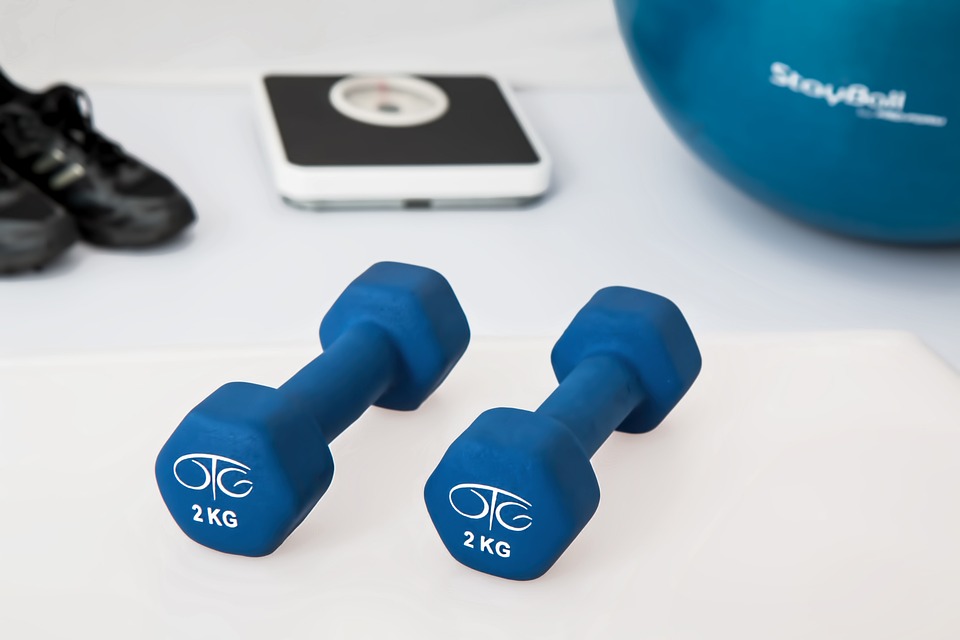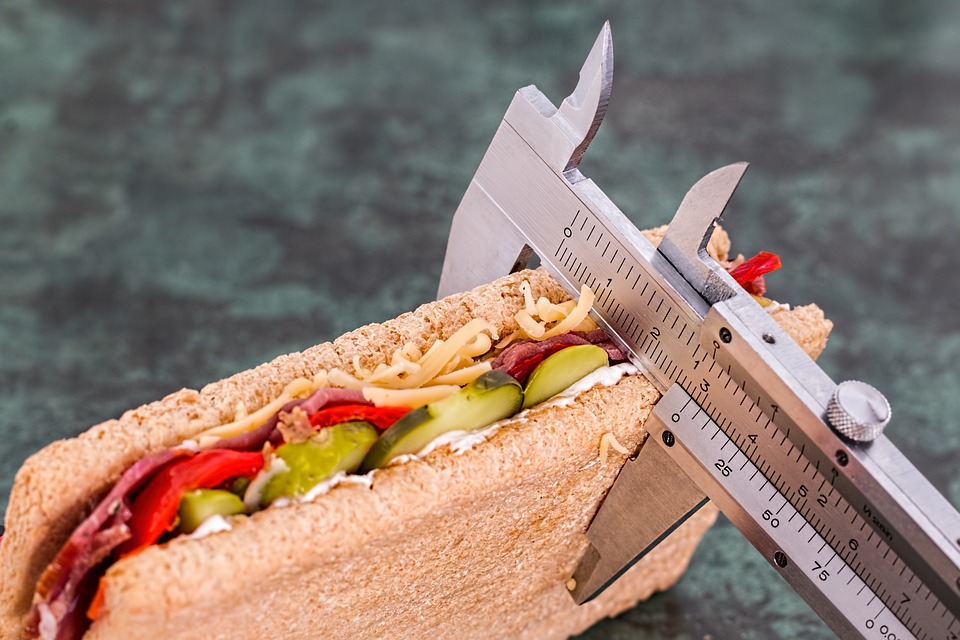Understanding Calories: The Key to a Balanced Diet
In today’s health-conscious society, understanding calories and their role in maintaining a balanced diet is essential. Calories, often misunderstood, are the units of energy that our bodies need to function properly. By comprehending the concept of calories and how they impact our bodies, we can make informed decisions about our daily food intake and achieve a healthier lifestyle. This article will delve into the depths of calories, providing you with a comprehensive understanding of their importance and how they contribute to a balanced diet.
What are Calories?
Calories are a measurement of energy. In the context of food, calories refer to the energy content that our bodies obtain from consuming various nutrients. When we eat, our bodies break down the food into its basic components—carbohydrates, proteins, and fats. Each of these macronutrients provides a different number of calories per gram:
1. Carbohydrates: 4 calories per gram
2. Proteins: 4 calories per gram
3. Fats: 9 calories per gram
It’s important to note that alcohol also contains calories, with 7 calories per gram. However, alcohol is not considered a macronutrient and does not provide any essential nutrients. Therefore, it is best to consume alcohol in moderation or avoid it altogether for optimal health.
Why are Calories Important?
Calories are the fuel that powers our bodies. They provide the energy necessary for everyday activities, from simple tasks like breathing to more demanding physical activities like exercising. The number of calories we consume must align with the number of calories we burn to maintain a healthy weight.
If we consistently consume more calories than our bodies need, the excess energy is stored as fat, leading to weight gain. On the other hand, if we consume fewer calories than our bodies require, we create a calorie deficit, causing weight loss. Understanding the balance between calories consumed and calories burned is crucial for achieving and maintaining a healthy weight.
Calories and Balanced Diet
A balanced diet is one that provides all the essential nutrients, vitamins, and minerals in the right proportions. It is essential to strike a balance between calorie intake and the nutritional value of the foods we consume. To achieve this balance, it is important to understand the concept of macronutrients and their respective calorie contents.
Carbohydrates, proteins, and fats are the three primary macronutrients that our bodies require in varying amounts. Carbohydrates and proteins provide 4 calories per gram, while fats provide 9 calories per gram. Including a variety of these macronutrients in our diet ensures that we obtain all the necessary energy and nutrients for optimal health.
Carbohydrates: Often misunderstood and demonized, carbohydrates are an essential source of energy for our bodies. They are found in various foods such as grains, fruits, vegetables, and legumes. Complex carbohydrates, such as whole grains and fiber-rich foods, provide sustained energy and are preferable to simple carbohydrates, which are found in processed and sugary foods.
Proteins: Proteins are the building blocks of our body’s cells and tissues. They play a vital role in repairing and maintaining our body’s structures. Good sources of protein include lean meats, fish, poultry, legumes, nuts, and dairy products. It is important to consume a variety of protein sources to obtain all the essential amino acids our bodies need.
Fats: Fats are often associated with weight gain, but they are an essential part of a balanced diet. Healthy fats, such as those found in avocados, nuts, seeds, and olive oil, provide essential fatty acids that our bodies cannot produce on their own. It is important to limit saturated and trans fats found in processed foods and opt for healthier fat sources.
FAQs
Q1: How many calories should I consume in a day?
A: The number of calories needed varies depending on factors such as age, gender, weight, height, and activity level. Generally, the average adult requires around 2000-2500 calories per day to maintain a healthy weight. However, it is best to consult with a healthcare professional or a registered dietitian to determine your specific calorie needs based on your individual circumstances.
Q2: Can I lose weight by cutting calories alone?
A: While reducing calorie intake can contribute to weight loss, it is important to do so in a balanced and sustainable manner. Extreme calorie-cutting diets are not recommended as they can lead to nutrient deficiencies and metabolic imbalances. It is advisable to combine a moderate reduction in calorie intake with regular physical activity for a healthy and effective weight loss approach.
Q3: Are all calories the same?
A: While all calories provide energy, not all calories are created equal in terms of nutritional value. The source of calories is important, as different foods provide varying levels of essential nutrients. Consuming nutrient-dense foods, such as fruits, vegetables, whole grains, and lean proteins, ensures that your calorie intake is accompanied by important vitamins, minerals, and antioxidants.
Q4: How can I track my calorie intake?
A: There are various methods to track calorie intake, ranging from manual food diary entries to smartphone apps and online calculators. These tools can help you monitor your calorie consumption and make informed choices about your diet. However, it is important to remember that calorie tracking should not become an obsession and that a balanced approach to eating is key.
In conclusion, understanding calories is crucial for maintaining a balanced diet and achieving a healthy lifestyle. By knowing the calorie content of different foods and balancing our intake with our energy needs, we can make informed choices about our diet. Remember to focus not only on calories but also on the nutritional value of the foods you consume. A balanced diet that includes a variety of macronutrients in appropriate proportions is the foundation for optimal health and well-being.
For further information on understanding calories and the importance of a balanced diet, you can refer to this insightful article: [insert external link here].







